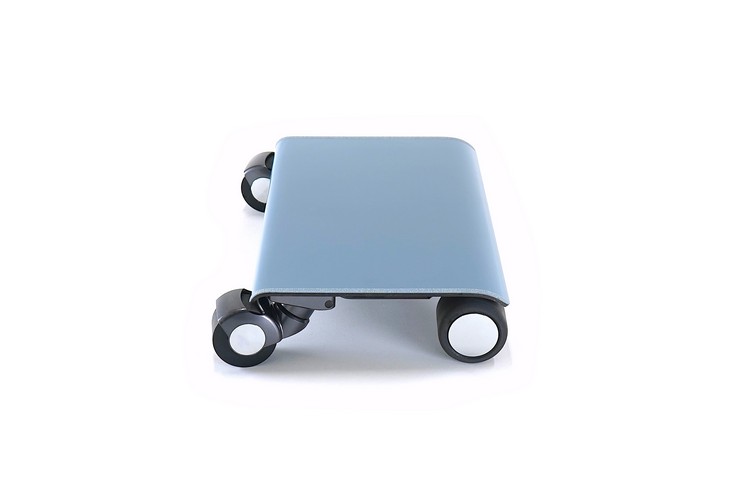Considering starting or buying a business in New Zealand? According to a study, New Zealand is one of the easiest places in the world to do business; the country is also one of the easiest places in the world to start up a new business.
It is worth noting that there are a few restrictions on starting a business in New Zealand but it usually only takes a few hours online to get a business started.
Businesses in New Zealand use three main structures; sole trader, partnership and limited liability, you should consider which structure best fits your needs. You should also think about what competitors on the market are doing before you start up a business and check local authority rules to ensure that your type of business is allowed in your area and to understand any restrictions or limitations that may impact on your business. Once you have researched and investigated the market surrounding your business, the structure you’re going to choose and what rules apply to your business you should set up the company tax number for your business and seek out help from professionals such as a lawyer, accountant and a bank to ensure that your business is properly set up. You should also ensure that you have a bank account set up from business purposes.
Prior to making any decisions about logos, stationary, signage or other materials for your business you should also check that the name you want is available and not protected then you should choose and register your business name. Setting up the structure for a business in New Zealand is simple and inexpensive, but ensuring you follow the right steps is essential and could save you a lot of time and hassle later on.






















































